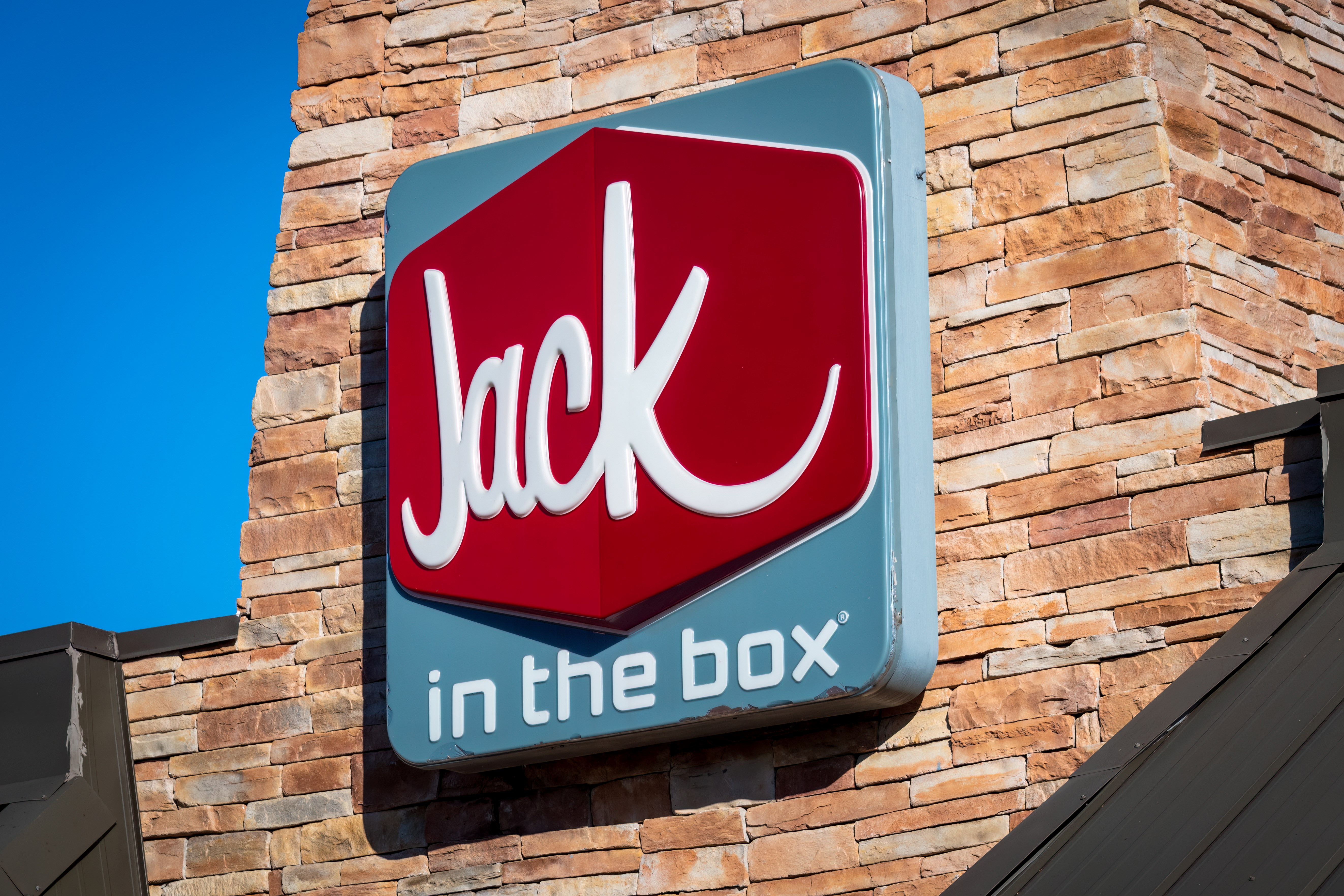Cost Segregation Tax Shelter Circle K Casselberry, FL

Executive Summary: Real Estate is often touted as one of the best investment classes because of the cash flow, appreciation and tax benefits! The efforts of this case study explore how we were able to secure substantial tax benefits by investing in a Gas Station acquired at the end of 2021. Due to the Trump Tax Code and Jobs act of 2017, certain qualified properties such as Gas Stations and Car Washes were allowed the ability to depreciate 100% Bonus depreciation in the first year they are placed into service. With Trump set to take office in January 2025, we believe there is a high probability that there will be a return of 100% Bonus Depreciation. This case study demonstrates how we were able to achieve a $421,000 tax savings by investing $450,000 in equity into a NNN Gas Station.
Background: As the end of the year approached and we realized we would have a substantial federal tax bill owed, we looked for investments to mitigate this tax exposure. We narrowed in on a NNN Gas Station leased to Circle-K that we theorized would qualify for 100% bonus depreciation and thus, would supply a significant depreciation expense tax write off resulting in a significant loss that our investors would be able to spread across their other active income sources. We were able to spread our passive losses against our active income because all of the investors qualified for the “Real Estate Professionals” designation in the eyes of the IRS and each of us elected to group our real estate related activities.
Challenges: The primary challenges were as follows:
1.) Find an asset within our price range that still accomplished our goals below.
- We had up to $500k as a down payment and sought financing of $1M.
2.) Make sure the asset was stable and was likely to continue producing cash flow so that it would qualify for the loan we were seeking.
3.) Make sure the asset qualified for Bonus depreciation. While Car Washes buildings/equipment has a 15-Year useful life and thus qualifies for bonus depreciation, Gas Stations must meet the definition of a retail motor fuel outlet in order to qualify, for which there are a couple tests that must be met.
4.) Maximize the depreciation available loss in year 1. Thus, the building basis needed to be a substantial portion of the purchase price. Typically in these scenarios, cost segregation engineers will look at the purchase price minus the land value in order to come up with the total building basis.
Approach:
Goal #1: Identify the Asset:
- We identified a gas station in Casselberry FL leased to Circle K who is a national investment grade credit tenant. There were 5 years left on the lease paying $92,400/Yr and we were able to negotiate a price of $1,475,000.
- We were able to negotiate a price of $1,475,000 and secure interest from a lender who provided a loan for $995,000 which resulted in a debt service of $59,774/Yr leaving an annual Cash Flow of $32,626/Yr.
Goal #2: Make sure the Investment Produces for the long run:
- We liked the location of the investment, we loved the high investment grade credit nature of the tenant leasing the location, and because they reported store sales derived from the performance of the location, we believed Circle-K would continue to lease the asset for a long time.
Goal #3: Make sure the asset qualified for Bonus Depreciation:
In order to qualify for bonus depreciation, we needed to confirm this asset met the requirements of a “Retail Motor Fuel Outlet.” In order to do so, the asset must pass just one of the 3 following tests:
1.) 50% or more of the floor area must be devoted to the sale or marketing of petroleum-based products.
2.) The total size of the building must be 1,200SF or less
3.) 50% or more of the revenue generated from the property must be derived from petroleum sales.
This property failed Test #1 as the floor area of the building was devoted to selling convenience-based products such as chips and candy bars. This property failed Test #2 as our property was 2,400SF. However, since Circle K reported the revenue from the store per the lease, we were able to verify that 75% of the revenue generated from the store was from petroleum sales satisfying test #3 above. Since one of the 3 tests passed, it qualified as a retail motor fuel outlet and thus qualified for bonus depreciation!
Goal #4: Maximize Bonus Depreciation:
In order to accomplish this goal, we commissioned a cost segregation study to be performed which resulted in the following:
- The cost segregation engineers determined that the land basis was $335,000 which was obtained from the property tax assessment. Since we acquired the building for $1,475,000 the deducted that the building basis was $1,140,000.
- With 100% bonus depreciation we were able to write off the full $1,140,000 depreciation expense in the first year of ownership resulting in $421,000 in tax savings!
Conclusion:
With the due diligence checking off all the necessary boxes, the cost segregation report in hand exemplifying the applicable depreciation write off and the successful closing of the asset, we secured over a $1Million Dollar loss on the tax return for this property.
Those losses mitigated $421,000 in taxes and set up the ownership group with almost $3,000/month in cash flow from roughly a $39,000 out of pocket investment!



Related posts
You may also find these articles interesting








